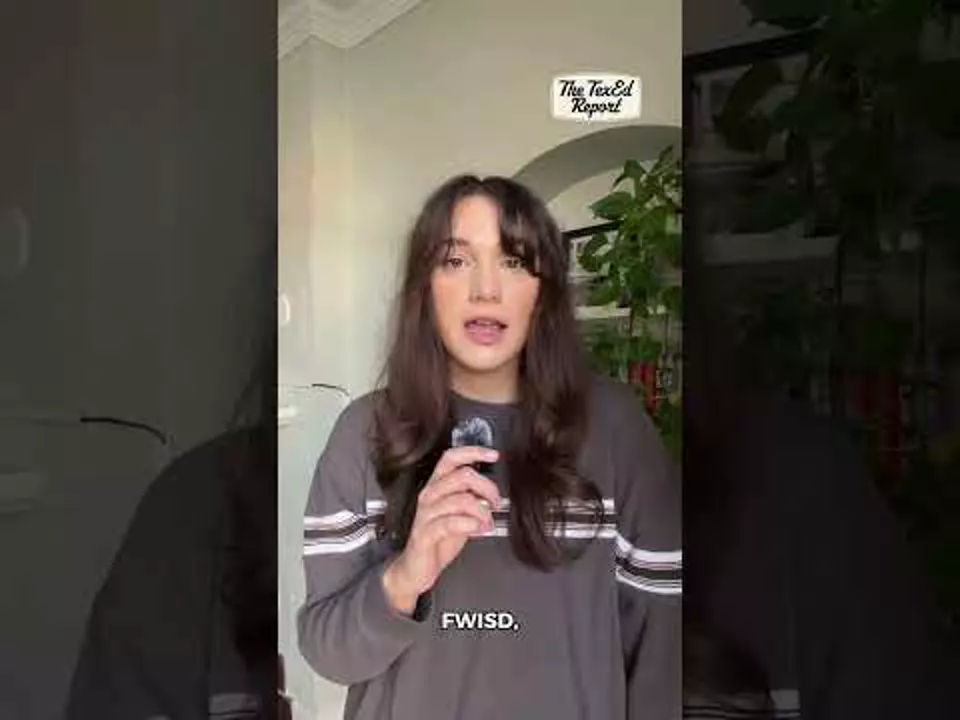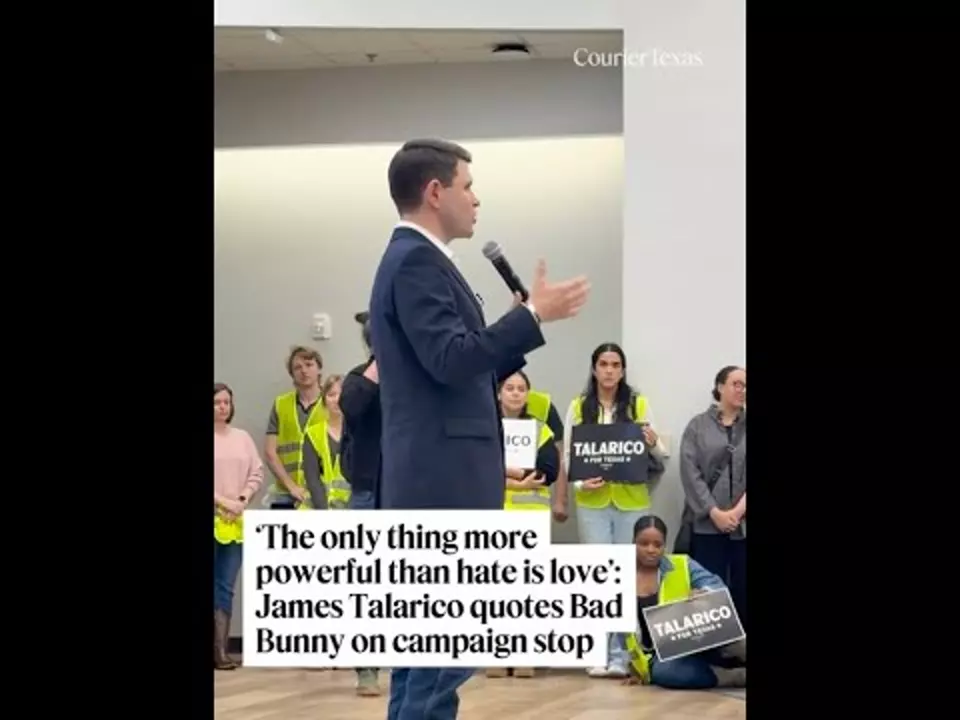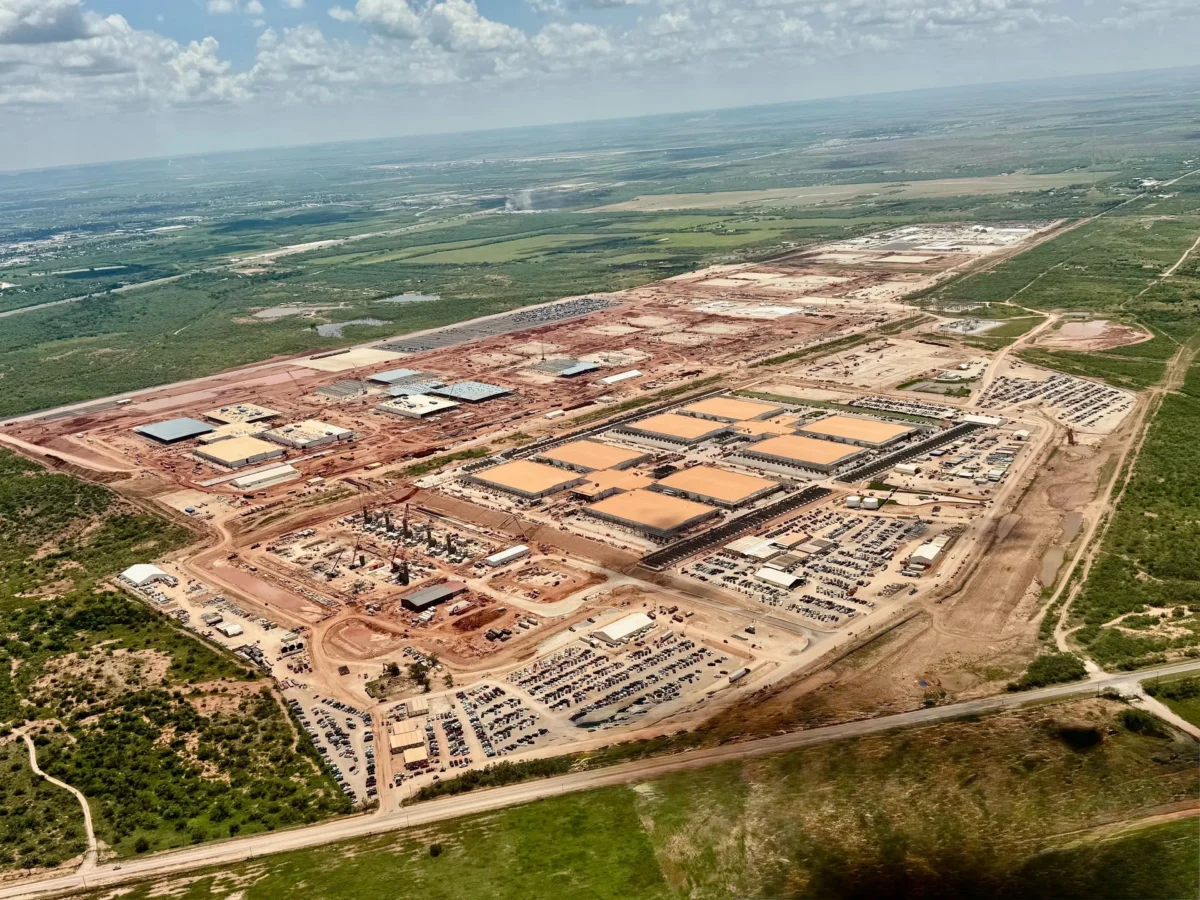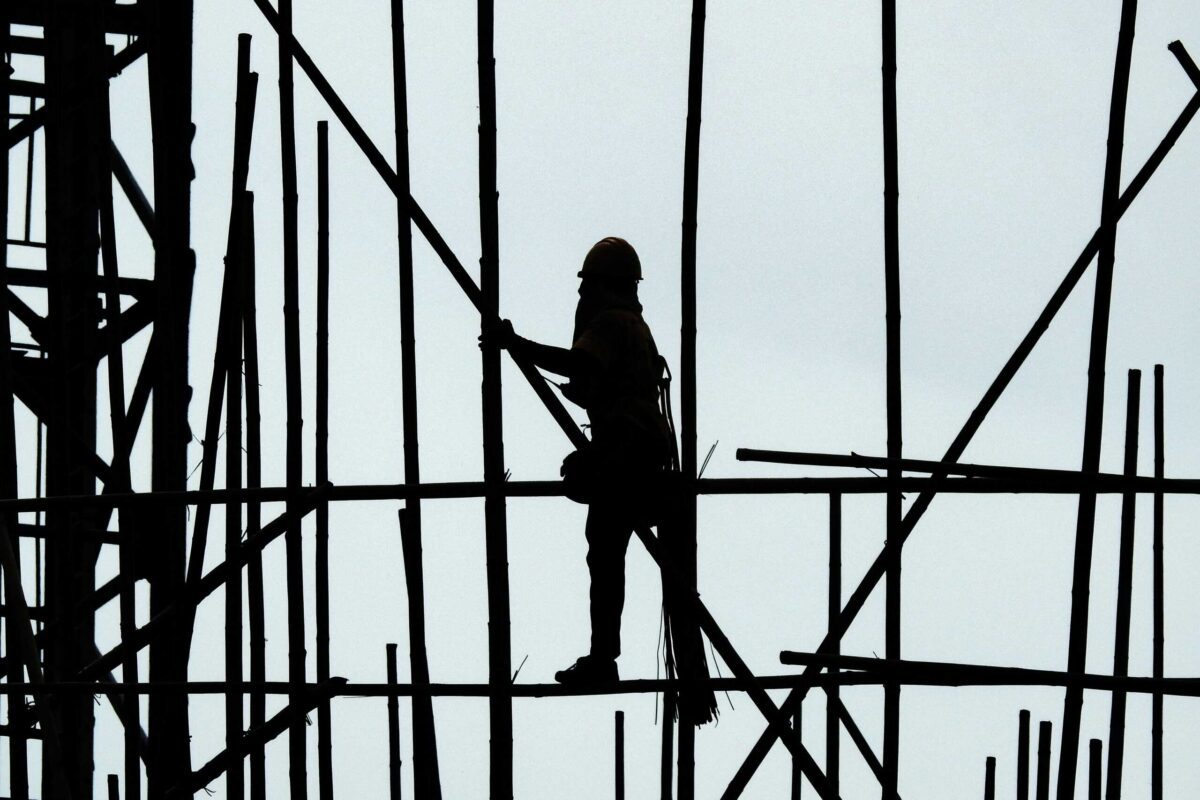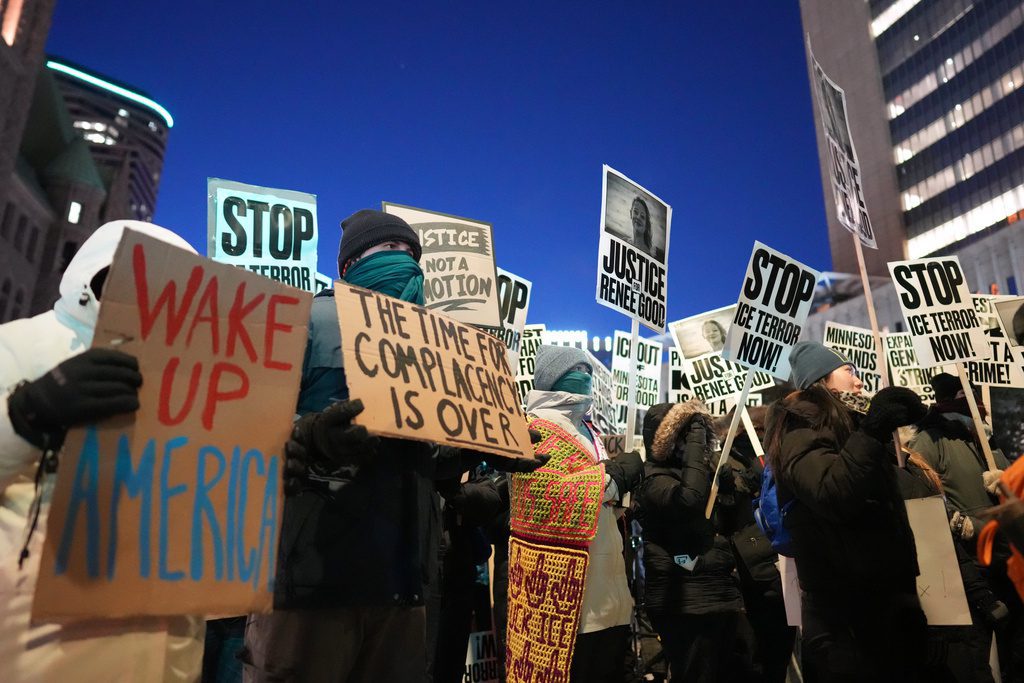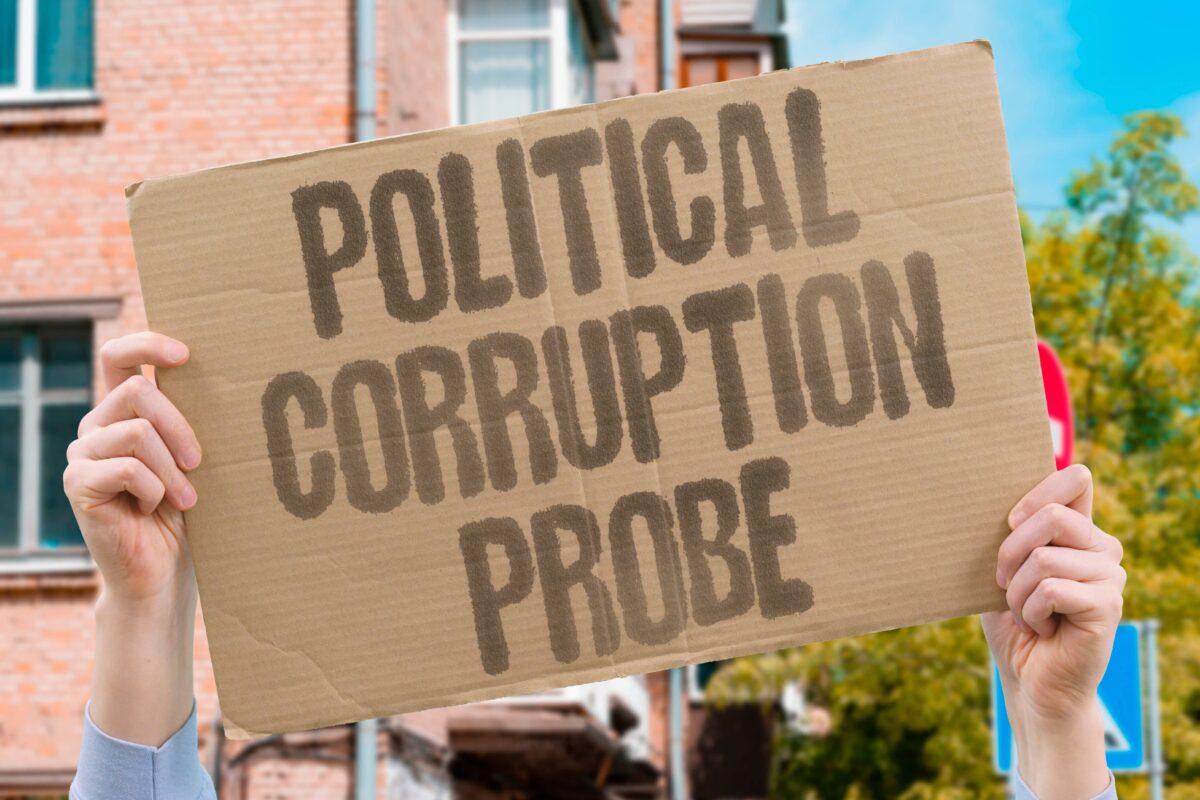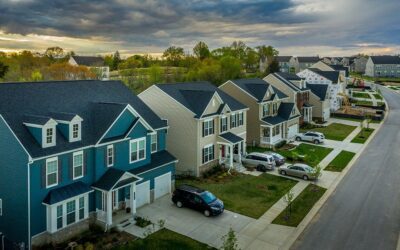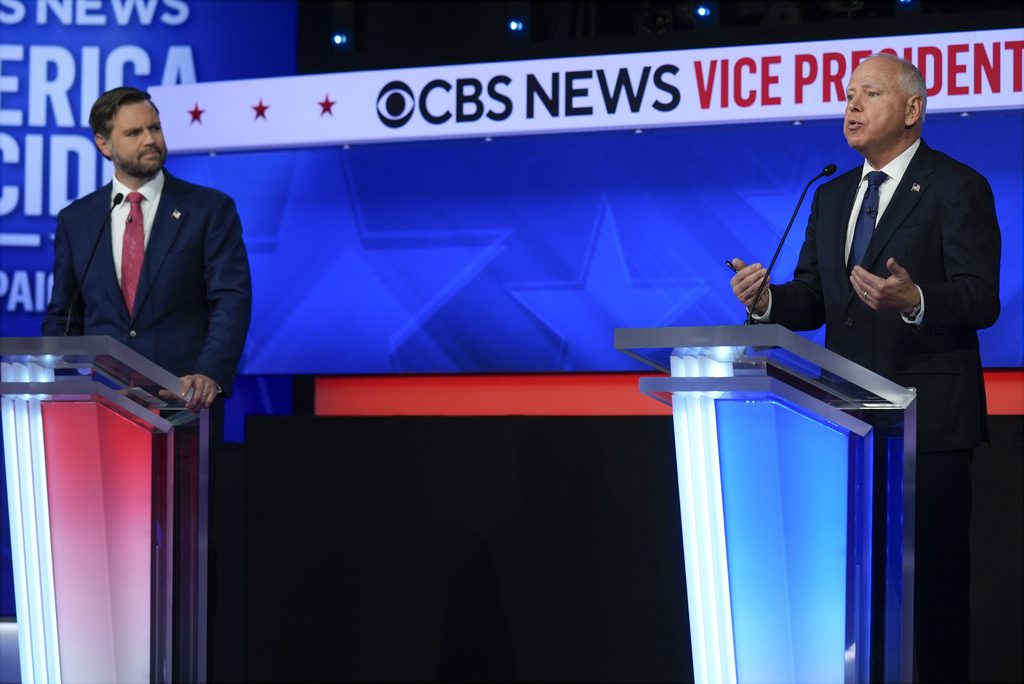
Democratic vice presidential nominee Minnesota Gov. Tim Walz speaks during a vice presidential debate hosted by CBS News, with Republican vice presidential nominee Sen. JD Vance, R-Ohio, Tuesday, Oct. 1, 2024, in New York. (AP Photo/Matt Rourke)
During Tuesday’s vice presidential debate, Tim Walz highlighted the importance of building more affordable homes for families and holding accountable Wall Street investors who buy up housing and treat it as a commodity, while JD Vance continued to demonize undocumented immigrants and blame them for the nation’s housing shortage.
Minnesota Gov. Tim Walz and Ohio Sen. JD Vance faced off in the first and only vice presidential debate of the 2024 campaign on Tuesday night.
The two candidates discussed a range of issues, including the economy, the future of reproductive rights, and immigration during the debate, but perhaps the most robust exchange of the night was about the current housing crisis.
There is a shortage of more than four million homes in the US, with an even larger shortage of affordable homes for working-class and lower-income families. This has caused housing prices to rise by nearly 50% since 2020, with rent prices also increasing by nearly 20% since 2019, pricing out working and middle-class families.
CBS Moderator Margaret Brennan asked Walz about the Harris campaign’s promise to create a plan to provide lower-income first-time homebuyers with up to $25,000 in down payment support and to build three million homes by 2028 by creating incentives for both state and local investment in housing, and for developers to build more affordable housing.
Walz began by appearing to highlight the role of Wall Street in buying up entire neighborhood blocks and corporations purchasing large swaths of single-family homes.
“The problem we’ve had is that we’ve got a lot of folks that see housing as another commodity. It can be bought up, it can be shifted, it can be moved around—those are not folks living in those houses,” Walz said. “Those of you listening tonight, that house is a big deal. I bought and owned one house in my life. My mom still lives in the house where I was, and when I think of a house, I’m thinking of Christmas services after midnight Mass where you go with your family. We need to make it more affordable.”
According to MetLife Investment Management, institutional investors may control 40% of US single-family rental homes by 2030.
Harris has endorsed the Stop Predatory Investing Act, which would remove key tax benefits for housing investors who acquire a large number of single-family rental homes. The Preventing the Algorithmic Facilitation of Rental Housing Cartels Act, on the other hand, seeks to crack down on rent-setting software that “enables price-fixing among corporate landlords.” Harris has endorsed this legislation as well.
Walz also highlighted the successes of Minneapolis, where the housing stock has risen by 12%, largely driven by zoning policy changes, such as encouraging the development of multi-family units in areas previously zoned for single-family houses.
“This program that the vice president is pushing forward…is something we’re doing in Minnesota,” Walz said. “We cut some of the red tape. Local folks make it easier to build those homes.”
Walz then compared Harris’ down payment assistance proposal to Veterans’ Affairs home loans, which typically don’t require a down payment.
“People with stable housing, end up with stable jobs,” Walz said. “People with stable housing…their kids are able to get to school. All of those things in the long run, end up saving our money.”
Vance, meanwhile, blamed higher home prices on undocumented immigrants, citing a supposed Federal Reserve study, without providing details on what the study actually said. He also argued that Kamala Harris could have addressed housing affordability during her time as vice president.
“I invite her to use the office the American people gave her, not sit around and campaign and do nothing while Americans find the American Dream of home ownership completely unaffordable.”
Vance also said Harris’ “regulatory regime” as vice president was the reason the nation had a housing shortage, even as virtually all housing regulations take place at the local and state levels.
Moderators also asked Vance to clarify where Trump plans to seize federal lands for home building, as he’s proposed doing.
“Like Donald Trump says, we have a lot of federal lands that aren’t being used for anything, not being used for a national park…and they could be places where we build a lot of housing,” Vance said, without specifically answering the question. “We have a lot of land that could be used, we have a lot of Americans who need homes, we should be kicking out illegal immigrants who are competing for those homes and building more homes for the American citizens who deserve to be here.”
In reality, Trump’s plan to deport undocumented immigrants could actually worsen the shortage of affordable homes, as roughly 20% of the workforce in construction in the US is undocumented. If all those workers are deported, fewer homes and apartments will get built, exacerbating the housing crisis.




